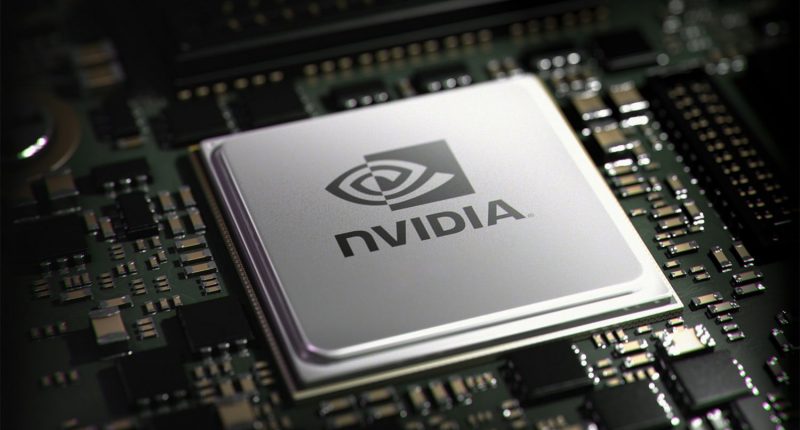China has reportedly ordered some of its biggest tech companies to stop buying artificial intelligence (AI) chips from Nvidia. The Cyberspace Administration of China (CAC), the country’s main internet regulator, instructed firms including ByteDance and Alibaba to halt both the buying and testing of the RTX Pro 6000D, reports Financial Times. Notably, these processors were developed by Nvidia specifically for the Chinese market in order to comply with US export restrictions.
According to the report, companies that had already placed orders for the chip were asked to cancel them. Actually, China’s latest decision is said to be linked with concerns around national security and the potential dangers of depending too much on foreign technology over the long term.
Meanwhile, the effects of the order are already becoming visible. The report suggests that several Chinese companies had been testing the RTX Pro 6000D and working with Nvidia’s server partners to prepare the chip for use in their systems. These trials and preparations have now reportedly been stopped following the regulator’s instructions.
At the same time, China is putting the main focus on promoting local alternatives. One clear example is a major data centre project run by the state-owned telecom company China Unicom, which is being built mainly with Chinese-made processors. This project is seen as proof that domestic chips can take on a bigger role and that the government is committed to building trust in its own technology industry.
Clearly, this is not the first time the semiconductor giant, which recently reached a $4 trillion valuation, is facing regulatory pressure in China. Last month, Chinese authorities reportedly instructed domestic companies to avoid using Nvidia’s H20 AI chips, particularly in projects linked to government or national security. They suspect the chip could have hidden features, like tracking users, and have asked the company to explain how it works and manages data. At that time, official notices were said to have been sent to both state-owned and private firms, requiring them to explain any choice to use Nvidia hardware instead of locally produced alternatives. And now, by extending restrictions to the newer RTX Pro 6000D, Beijing is sending an even stronger signal that it wants leading Chinese companies to rely on domestic AI processors rather than foreign tech.
The timing of this latest move becomes even more critical, as it comes just a day after China’s market regulator said Nvidia had allegedly violated the country’s anti-monopoly law. The issue is related to Nvidia’s 2020 acquisition of Israeli firm Mellanox, with regulators investigating whether it failed to honour commitments to continue supplying Mellanox products to Chinese companies, putting the company at risk of fines totalling 1-10% of its $17 billion revenue from last year.
The Tech Portal is published by Blue Box Media Private Limited. Our investors have no influence over our reporting. Read our full Ownership and Funding Disclosure →






